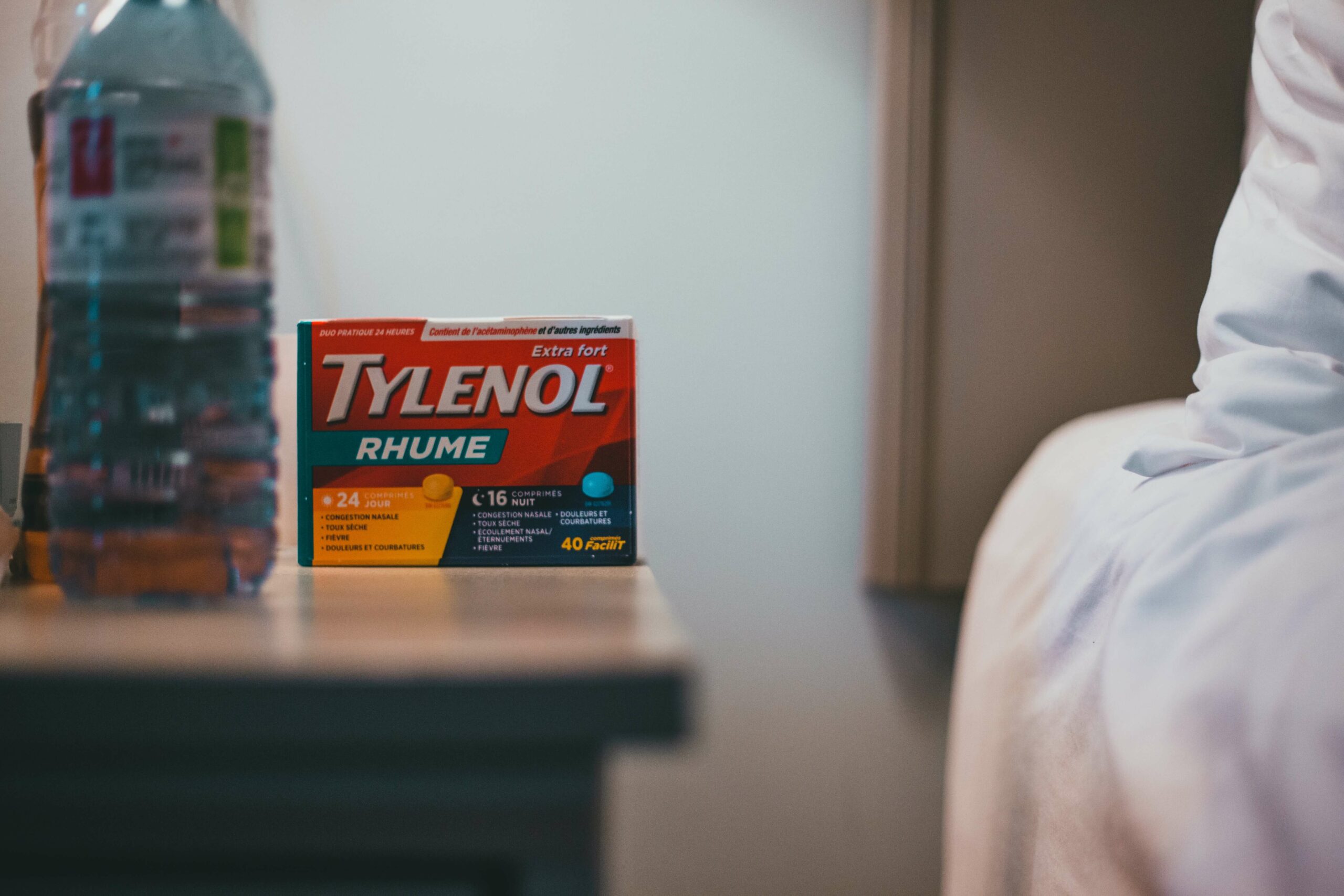Camp Lejeune water contamination is a tragic event that has affected thousands of individuals who lived or worked at the North Carolina military base. Over a period of several decades, the base’s drinking water was contaminated with toxic chemicals, including benzene and trichloroethylene, causing serious health issues for those exposed. Despite the long-lasting impact of this tragedy, compensation for the victims has been slow and limited.
This article will delve into the history of the contamination, the efforts to secure compensation, the legal challenges faced by the victims, the advocacy and support available, and what the future may hold for those affected by this tragedy. The aim of this article is to bring attention to the ongoing struggle of Camp Lejeune water contamination victims and the need for continued advocacy and support.
History of Contamination
Camp Lejeune was contaminated with toxic chemicals from the 1950s to the 1980s when two on-base dry cleaning facilities and leaking underground fuel tanks were releasing harmful chemicals into the water supply.
The water contamination at Camp Lejeune was not discovered until the late 1980s, and it took many years for the government to acknowledge the extent of the problem and provide compensation to those affected.
Despite the initial denial, scientific studies have linked the contaminated water to increased rates of illnesses, including cancers and birth defects, among those who lived or worked at the base during the period of contamination.
Efforts to Obtain Compensation
In 2012, Congress passed the Honoring America’s Veterans and Caring for Camp Lejeune Families Act, which provided limited compensation to eligible victims. This legislation provided financial assistance for out-of-pocket expenses related to treatment for the eight specific illnesses associated with exposure to contaminated water.
However, many argue that this compensation has been inadequate, and efforts continue to secure more comprehensive benefits for those affected. Currently, there are several proposals being considered in Congress that aim to provide additional compensation and support to Camp Lejeune victims, including proposals to extend the period of exposure and expand the eligibility criteria for compensation.
Legal Challenges
Last year, Congress established a new law that gave victims of Camp Lejeune water poisoning the opportunity to seek compensation. Over 15,000 former Camp Lejeune residents and personnel have filed claims since then, and the number is still growing, according to a report by the Lawsuit Information Center.
Several lawsuits have been filed on behalf of Camp Lejeune water contamination victims, seeking compensation for the medical expenses and other damages they have suffered as a result of the contamination. These lawsuits face a number of legal challenges, including the government’s sovereign immunity from lawsuits and the statute of limitations for filing claims.
However, some victims have been able to successfully argue that the statute of limitations should not apply in cases where the government knowingly exposed them to toxic chemicals. The legal battle for compensation is ongoing and complex, but victims and their families remain determined to secure the justice they deserve.
Advocacy and Support
Despite these challenges, there is a growing movement of advocacy and support for Camp Lejeune water contamination victims. Organizations such as the NAACP Office of the General Counsel provide resources and support for those affected, and advocacy groups are working to raise awareness of this tragedy and secure better compensation for the victims.
According to The Legal Examiner, President Biden signed the Honoring the PACT Act into law on August 10, 2022. The Camp Lejeune Justice Act of 2022 (CLJA) falls under Section 804 of this law, and it permits persons who were exposed to polluted water at Camp Lejeune to bring new lawsuits.
There has been advertising from lawyers, law firms, and others seeking to represent individuals in legal proceedings relating to this new legislation.
The advocacy community is also pushing for further research into the health impacts of exposure to the toxic chemicals found in Camp Lejeune’s water supply, as well as improved outreach and education to help victims navigate the compensation process.
The Future of Camp Lejeune Victims
It is difficult to predict the future of Camp Lejeune water contamination victims. However, it is clear that the fight for justice will continue. Advocacy groups and support organizations will continue to work towards securing better compensation and benefits for those affected, and legal battles will continue as victims seek the compensation they deserve.
The advocacy community hopes that the future will bring better recognition of the full extent of the impact of the Camp Lejeune water contamination and that the victims will receive the support and compensation they need to heal and move forward. The legacy of this tragedy will remain for generations to come, and it is imperative that steps are taken to prevent similar incidents from happening again in the future.
Conclusion
Compensation for Camp Lejeune water contamination victims remains a complex and ongoing issue. While there have been some efforts to provide benefits, the full extent of the damages suffered by those affected has yet to be fully recognized.
The tragedy at Camp Lejeune serves as a reminder of the importance of ensuring the safety of drinking water at military installations and the need for swift action when contamination is discovered. It is crucial that we continue to advocate for the rights of these victims and support them in their efforts to obtain the compensation they deserve.

